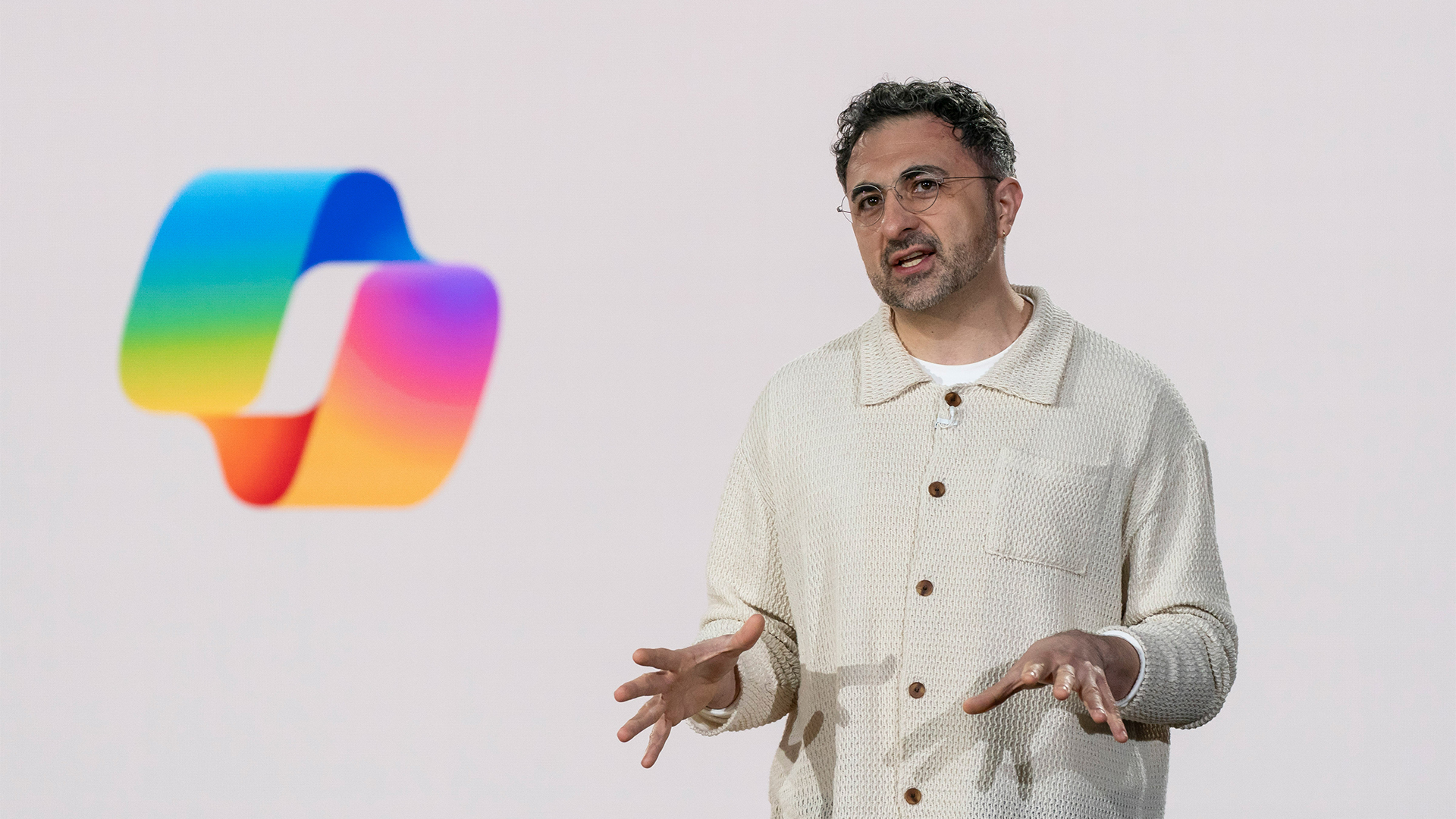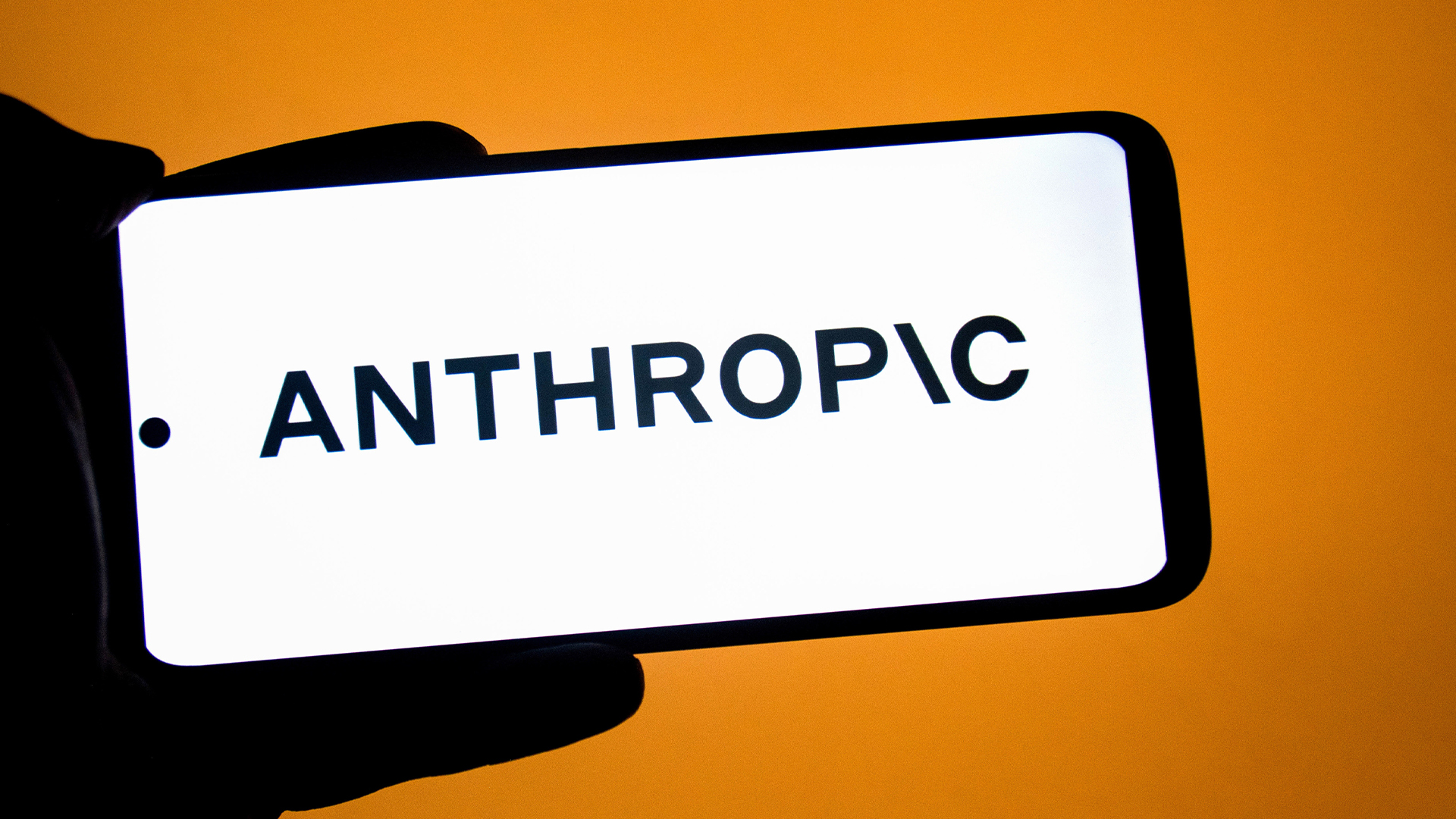‘LaMDA was ChatGPT before ChatGPT’: Microsoft’s AI CEO Mustafa Suleyman claims Google nearly pipped OpenAI to launch its own chatbot – and it could’ve completely changed the course of the generative AI ‘boom’
Mustafa Suleyman admitted that after OpenAI “exploded,” there was no catching the Microsoft-backed firm


While OpenAI took the tech industry by storm in late 2022 with the launch of ChatGPT, recent comments from Microsoft’s AI chief executive Mustafa Suleyman suggest it all could’ve been very different.
Speaking on the CatGPT podcast, Suleyman, who co-founded DeepMind and was still working at Google when ChatGPT launched, said the tech giant very nearly pipped OpenAI to secure first-mover status in the generative AI race.
At the time, he noted, Google was working on its own equivalent, LaMDA, but development of the tool stalled and the company missed out.
“We got frustrated at Google because we couldn’t launch LaMDA,” he said.
“LaMDA was genuinely ChatGPT before ChatGPT. It was the first properly conversational LLM that was just incredible. And you know, everyone at Google had seen it and tried it.”
Notably, Suleyman revealed that LaMDA’s reception at the company was a mixed bag, with a significant portion of people at Google skeptical of the tool and raising concerns about potential safety issues.
“Probably half the people were just brutal skeptics and were like this is never going to be safe,” he noted. “It’s always going to have hallucinations. It’s going to undermine our search business. There’s always going to be these safety issues.”
Sign up today and you will receive a free copy of our Future Focus 2025 report - the leading guidance on AI, cybersecurity and other IT challenges as per 700+ senior executives
Despite reservations, Suleyman revealed that the “other half” were convinced the technology represented the “future of search” and would mark a step change in how users interact with the web.
“We were desperate to try and ship it. We couldn’t ship it,” he added. “They just couldn’t get their heads around it.”
Suleyman left shortly after to co-found Inflection AI with LinkedIn co-founder Reid Hoffman, before being poached by Microsoft in early 2024 to lead the tech giant’s AI push.
“Then I basically left and was like, well, we’ll raise the money, build the cluster, and we raised a billion and a half dollars and built a 22,000 H100 GPU cluster,” Suleyman said.
Suleyman and Hoffman launched Inflection AI several months prior to the launch of ChatGPT, but, similar to Google, released its own model after OpenAI and Microsoft had already struck a lead.
Personal Intelligence was released in January 2023. By that time, Suleyman admitted it was perhaps too late.
“By that time, you know basically all bets were off,” he said. “They [OpenAI] exploded.”
How things could’ve been
Suleyman’s comments on LaMDA and its development challenges highlight the fine margins involved in the early days of the generative AI boom. While OpenAI beat Google to the punch, it did spark a transformation across the tech industry.
A host of major tech players, particularly Microsoft, ramped up AI development in the wake of the chatbot’s success.
Google also pivoted rapidly to accelerate activities on this front, with CEO Sundar Pichai ordering a sharpened focus on the technology in late 2022.
The tech giant was reportedly in a state of ‘code red’ in December 2022, with Pichai reassigning internal departments for a mass-push on AI development.
Like its great rival Microsoft, Google has since woven AI into a host of key solutions across its portfolio, particularly at Google Cloud, initially launching its Bard chatbot and later rebranding to launch the Gemini AI range.
Make sure to follow ITPro on Google News to keep tabs on all our latest news, analysis, and reviews.
MORE FROM ITPRO
- Google CEO Sundar Pichai says DeepSeek has done ‘good work’ showcasing AI model efficiency
- Microsoft CEO Satya Nadella says Excel changed the game for enterprises in 1985 – he’s confident AI tools will do the same
- Marc Benioff says Salesforce might not hire any software engineers in 2025 as the firm reaps the benefits of AI agents

Ross Kelly is ITPro's News & Analysis Editor, responsible for leading the brand's news output and in-depth reporting on the latest stories from across the business technology landscape. Ross was previously a Staff Writer, during which time he developed a keen interest in cyber security, business leadership, and emerging technologies.
He graduated from Edinburgh Napier University in 2016 with a BA (Hons) in Journalism, and joined ITPro in 2022 after four years working in technology conference research.
For news pitches, you can contact Ross at ross.kelly@futurenet.com, or on Twitter and LinkedIn.
-
 What the UK's new Centre for AI Measurement means for the future of the industry
What the UK's new Centre for AI Measurement means for the future of the industryNews The project, led by the National Physical Laboratory, aims to accelerate the development of secure, transparent, and trustworthy AI technologies
-
 Meta's huge capex spree shows it's struggling to keep pace with Google and OpenAI
Meta's huge capex spree shows it's struggling to keep pace with Google and OpenAINews Meta CEO Mark Zuckerberg promises new models this year "will be good" as the tech giant looks to catch up in the AI race
-
 What the UK's new Centre for AI Measurement means for the future of the industry
What the UK's new Centre for AI Measurement means for the future of the industryNews The project, led by the National Physical Laboratory, aims to accelerate the development of secure, transparent, and trustworthy AI technologies
-
 ‘In the model race, it still trails’: Meta’s huge AI spending plans show it’s struggling to keep pace with OpenAI and Google – Mark Zuckerberg thinks the launch of agents that ‘really work’ will be the key
‘In the model race, it still trails’: Meta’s huge AI spending plans show it’s struggling to keep pace with OpenAI and Google – Mark Zuckerberg thinks the launch of agents that ‘really work’ will be the keyNews Meta CEO Mark Zuckerberg promises new models this year "will be good" as the tech giant looks to catch up in the AI race
-
 If Satya Nadella wants us to take AI seriously, let’s forget about mass adoption and start with a return on investment for those already using it
If Satya Nadella wants us to take AI seriously, let’s forget about mass adoption and start with a return on investment for those already using itOpinion The Microsoft chief said there’s a risk public sentiment might sour unless adoption is distributed more evenly
-
 Half of agentic AI projects are still stuck at the pilot stage – but that’s not stopping enterprises from ramping up investment
Half of agentic AI projects are still stuck at the pilot stage – but that’s not stopping enterprises from ramping up investmentNews Organizations are stymied by issues with security, privacy, and compliance, as well as the technical challenges of managing agents at scale
-
 What Anthropic's constitution changes mean for the future of Claude
What Anthropic's constitution changes mean for the future of ClaudeNews The developer debates AI consciousness while trying to make Claude chatbot behave better
-
 Satya Nadella says a 'telltale sign' of an AI bubble is if it only benefits tech companies – but the technology is now having a huge impact in a range of industries
Satya Nadella says a 'telltale sign' of an AI bubble is if it only benefits tech companies – but the technology is now having a huge impact in a range of industriesNews Microsoft CEO Satya Nadella appears confident that the AI market isn’t in the midst of a bubble, but warned widespread adoption outside of the technology industry will be key to calming concerns.
-
 DeepSeek rocked Silicon Valley in January 2025 – one year on it looks set to shake things up again with a powerful new model release
DeepSeek rocked Silicon Valley in January 2025 – one year on it looks set to shake things up again with a powerful new model releaseAnalysis The Chinese AI company sent Silicon Valley into meltdown last year and it could rock the boat again with an upcoming model
-
 Workers are wasting half a day each week fixing AI ‘workslop’
Workers are wasting half a day each week fixing AI ‘workslop’News Better staff training and understanding of the technology is needed to cut down on AI workslop